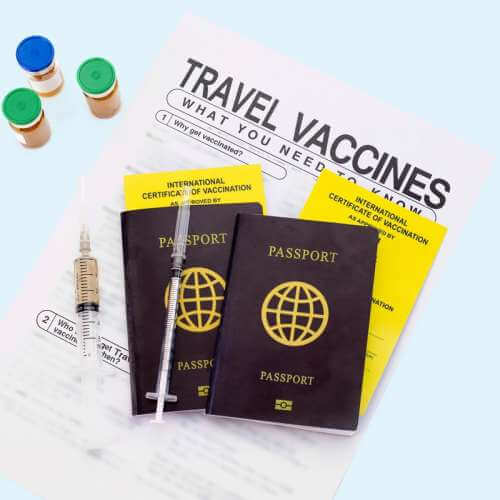Lorem ipsum dolor sit amet, consectetur adipiscing elit. Ut elit tellus, luctus nec ullamcorper mattis, pulvinar dapibus leo.
Lupus Anticoagulant and Anticardiolipin Antibodies (Hughes Syndrome)
Lupus Anticoagulant Only
Lupus Anticoagulant only is a test for antibodies that increase the risk of blood clotting. It helps diagnose antiphospholipid syndrome and assess clotting risk in individuals with lupus or related conditions.
Read MoreLuteinizing Hormone (LH)
Luteinizing Hormone (LH) is a hormone involved in regulating the menstrual cycle and ovulation. Abnormal levels can indicate fertility issues or hormonal imbalances. Testing LH helps evaluate reproductive health.
Read MoreMagnesium
Magnesium is a mineral essential for various bodily functions, including muscle and nerve function. Abnormal levels can indicate deficiencies or imbalances related to various health conditions.
Read MoreManganese (Serum)
Manganese (Serum) is a trace element involved in various physiological processes. Abnormal levels can indicate deficiencies or toxicities, which may affect neurological and metabolic functions.
Read MoreMeasles
Measles is a viral infection that can be confirmed through serological testing for antibodies. Testing for measles helps diagnose the infection and determine immunity status.
Read MoreMeasles, Mumps & Rubella (MMR) Immunity Profile
The test measures the presence of antibodies against Measles, Mumps, and Rubella viruses in the blood. It is used to determine if a person has been previously infected or vaccinated against these viruses.
Read MoreMenopause Hormones Profile
The Menopause Hormones Profile is a test that measures the levels of Oestradiol, Luteinising Hormone and Follicle Stumlating Hormone to confirm if you are in the menopause. It also includes Thyroid Stimulating Hormone as it is not uncommon that thyroid problems can cause similar symptoms as the menopause. Menopause is a natural process that occurs in women as they age, typically between the ages of 45 and 55. The ovaries stop producing eggs and the levels of hormones such as oestrogen and progesterone, decrease. It is the big drop in oestradiol that causes most of the symptoms of menopause with may include: hot flushes, when you have sudden feelings of hot or cold in your face, neck and chest which can make you dizzy changes to your mood, like low mood, anxiety, mood swings and low self-esteem problems with memory or concentration (brain fog) difficulty sleeping, which may be a result of night sweats and make you feel tired and irritable during the day palpitations, when your heartbeats suddenly become more noticeable headaches and migraines that are worse than usual muscle aches and joint pains changed body shape and weight gain skin changes including dry and itchy skin reduced sex drive vaginal dryness and pain, itching or discomfort during sex recurrent urinary tract infections (UTIs) sensitive teeth, painful gums or other mouth problems Periods may become irregular, heavier before stoping altogether.
Read MoreMetanephrines (Urine)
Metanephrines (Urine) are metabolites of catecholamines, such as adrenaline. Elevated levels can indicate pheochromocytoma, a type of tumour that produces excess catecholamines.
Read MoreMethylmalonic Acid (MMA)
Methylmalonic Acid (MMA) is a substance used to diagnose vitamin B12 deficiency. Elevated levels can indicate a deficiency or absorption issues related to vitamin B12.
Read MoreMiscarriage & Thrombotic Risk Profile
The Miscarriage/Thrombotic Risk Profile test measures the risk of miscarriage and thrombosis (formation of blood clots) in individuals. It helps in diagnosing health conditions related to these risks. For females, this test can contribute to the diagnosis of conditions such as antiphospholipid syndrome (APS), which is an autoimmune disorder that increases the risk of blood clots and miscarriages. It can also help identify other thrombophilic disorders, which are genetic conditions that increase the tendency to develop blood clots.
Read More





